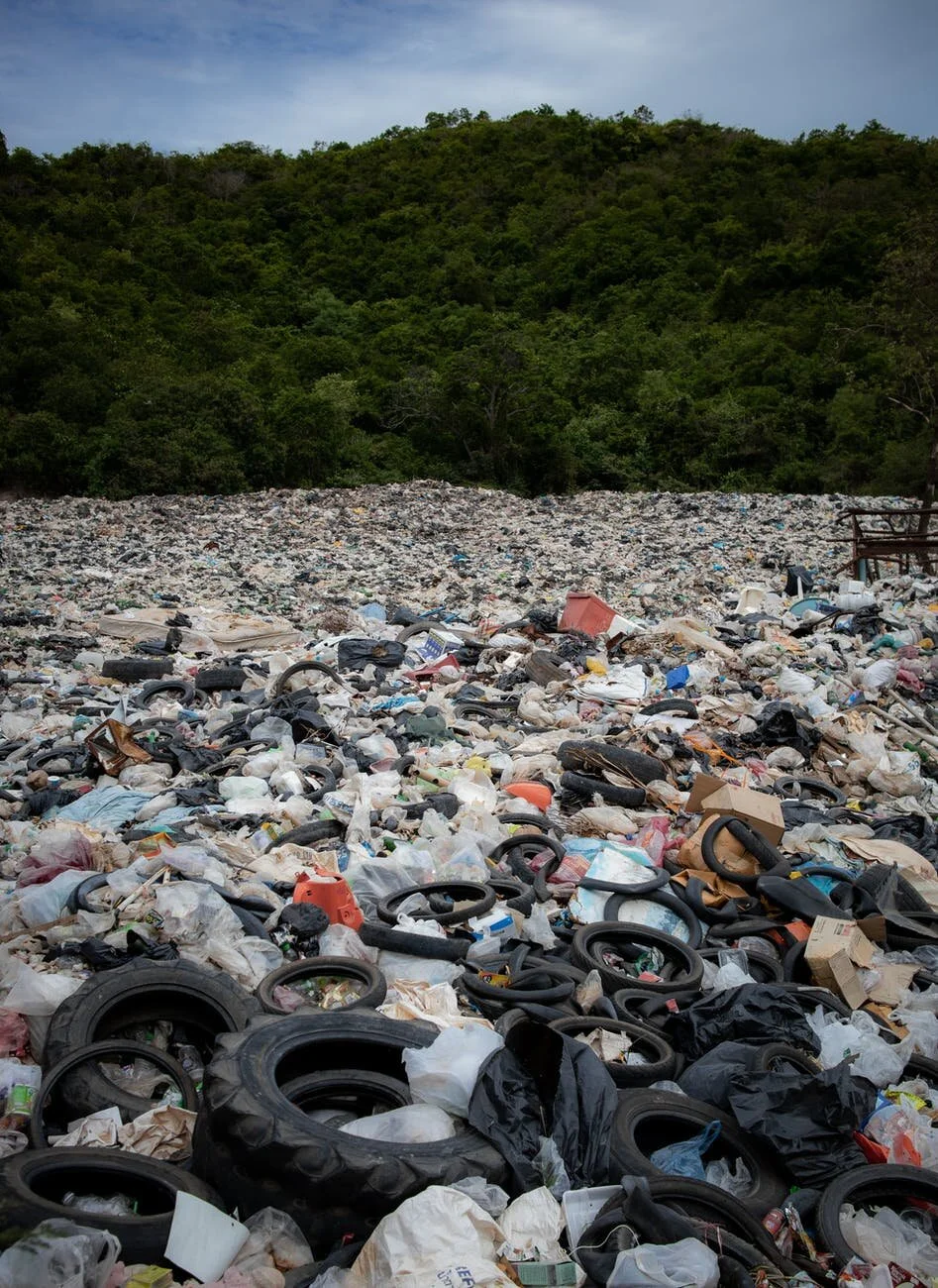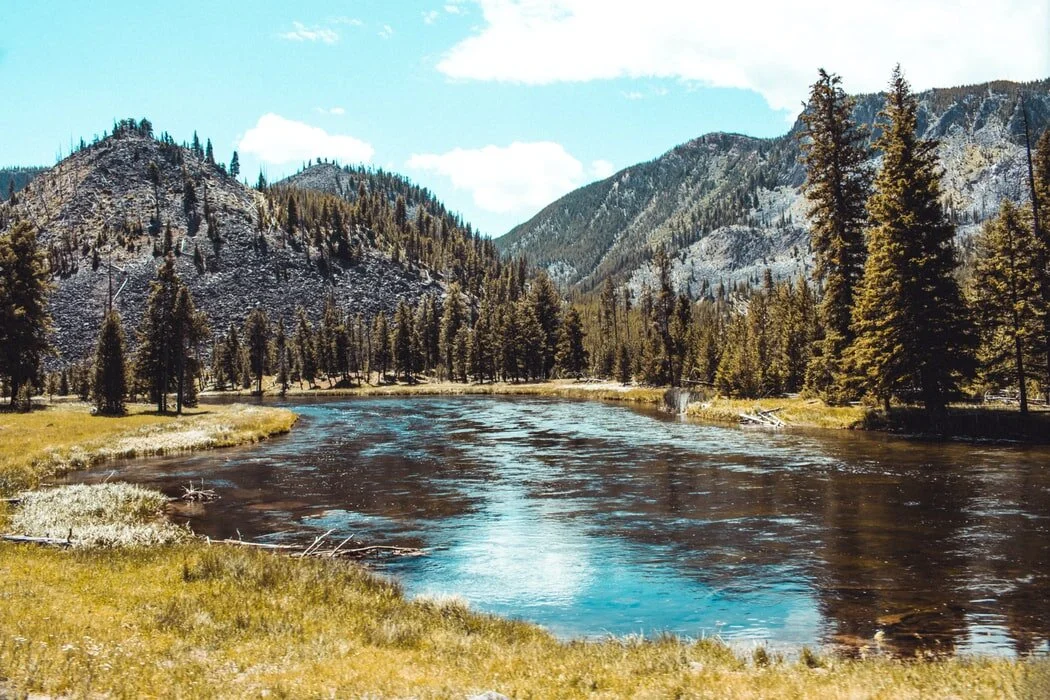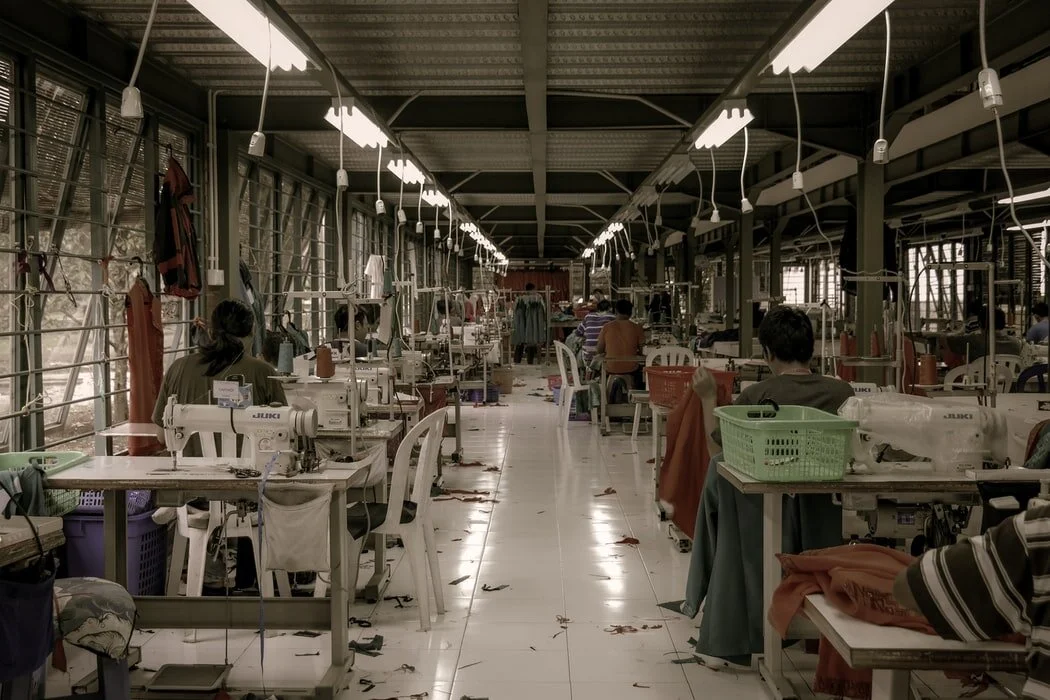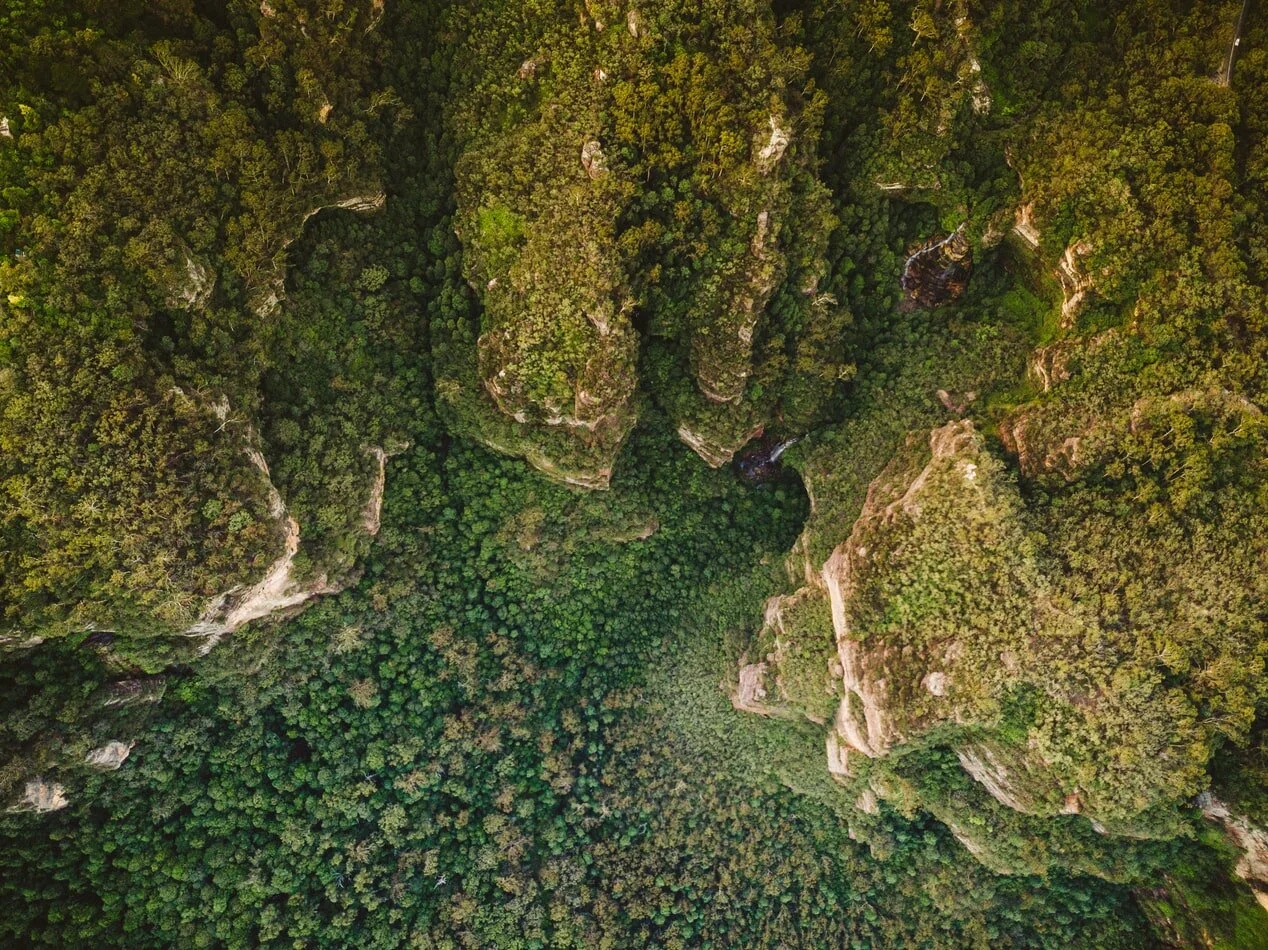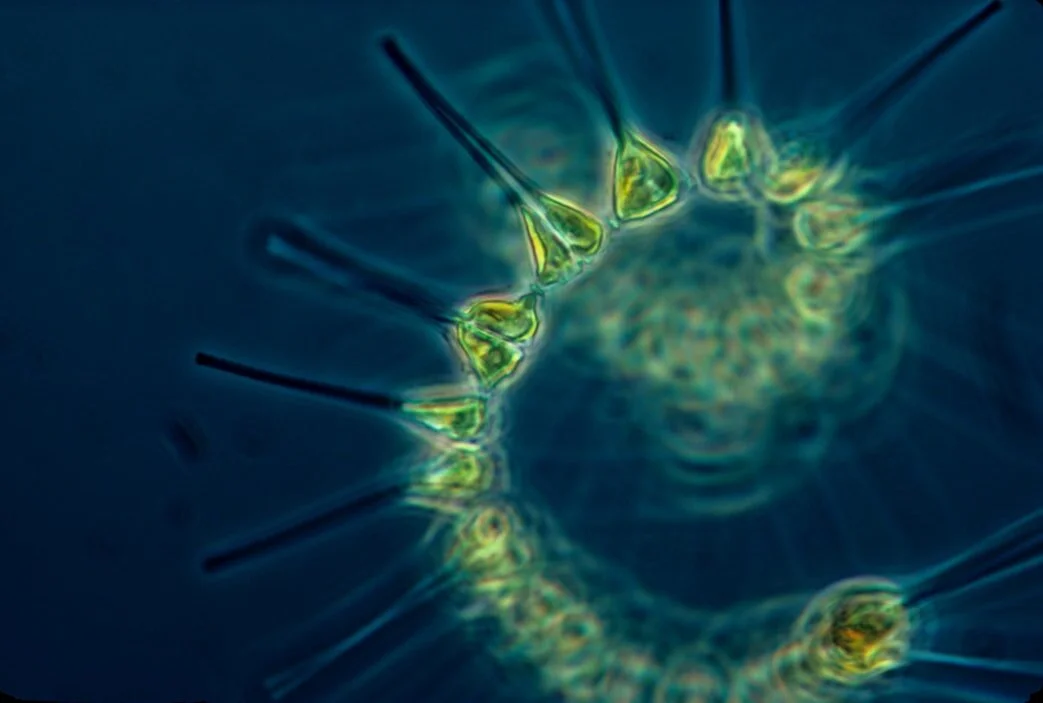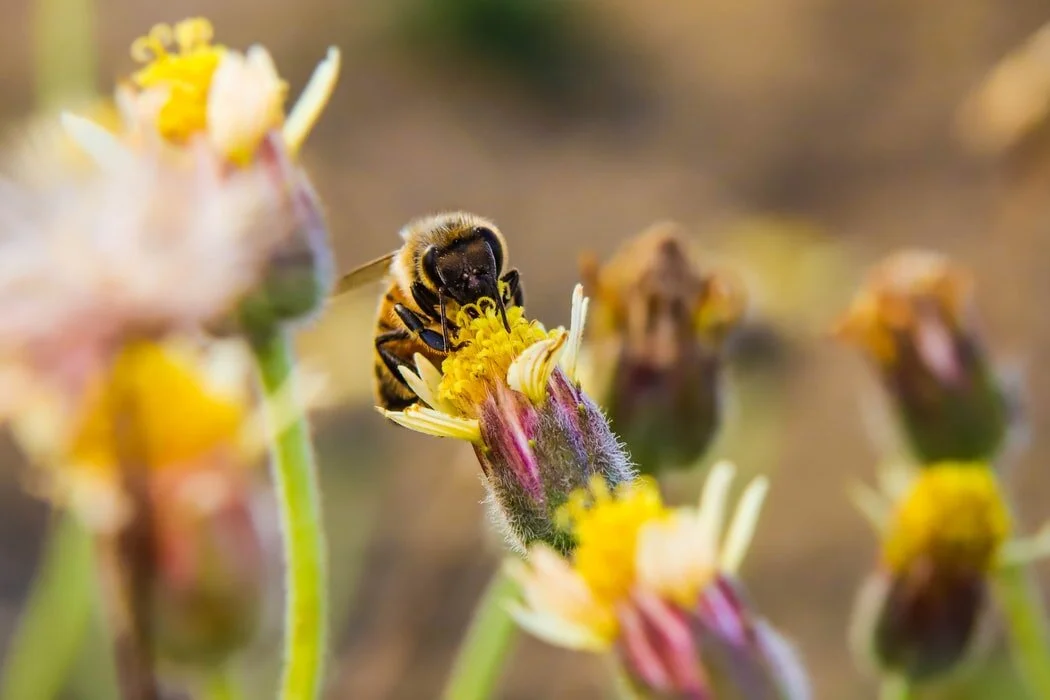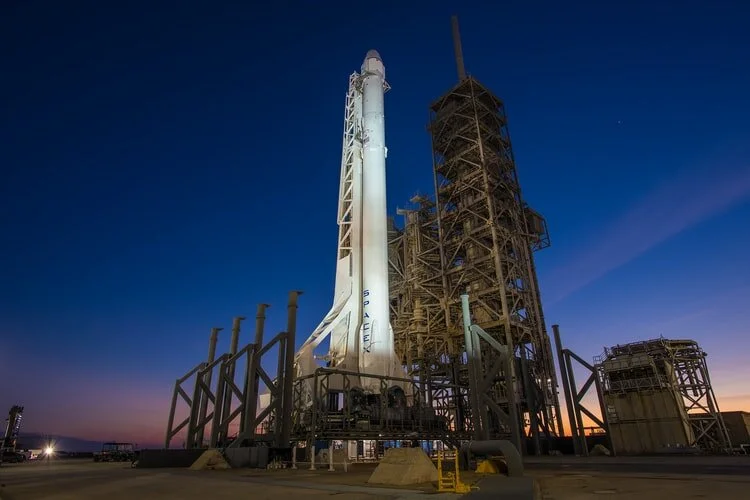Rethinking the Restoration of Nature
There is an increasing division between nature and wilderness. Perfectly manicured gardens and heavily regulated reserves may represent elements of nature, however, can something so regulated really be described as wild?
There is an unquestionable need for ecological restoration with ecosystem degradation estimated to cost between £1.28-2.88 trillion per year, approximately 7.5% of global GDP. The real question is – "are we protecting nature or simply our conception of it?"
Conservation aims to protect and restore ecosystems from a degraded state to a healthier historical condition; but this requires a desired state as an end goal. In turn posing a challenging question for conservation strategies; by actively maintaining an ecosystem are we preserving a specific community but preventing further development? In a sense, the ecosystem is ‘paused’ with conservation efforts actively maintaining this state through activities such as species population control and landscape management.
With ongoing environmental degradation at local, regional, and global scales, generational environmental baselines are shifting. Sequential generations observe worse conditions due to persistent degradation - leading to shifting baseline syndrome. With often no clear point in time that represents a ‘natural’ ecosystem, devoid of human interference, conservationist have begun to re-think the way we restore nature - this is called rewilding.
Rather than capturing an ecosystem at one point in time, rewilding aims to restore the ecological processes of an area to allow natural regeneration and succession to occur. This is often achieved by the addition of ecosystem engineers or keystone species (both are organisms that significantly promote ecosystem function), such as apex predators or large herbivores, that have been extirpated or are ecologically extinct. A passive, hands-off approach can then be taken, as ecosystem stability is increased and fundamental processes are restored. Over time, natural processes will lead to environmental and ecological changes which are reflective of natural ecosystem development.
“I am drawn to the wild not because it is wild but because it is sensible, logical, ordered, stable, resilient. Wild nature is everything we're struggling to regain." Carl Safina, Ecologist.
Understanding ecological interactions is complex and this poses a challenge for rewilding efforts, but there have been success stories! Perhaps the most famous example of where rewilding has had positive implications is the reintroduction of wolves to Yellowstone National Park in the western United States.
In the late 1920’s wolves were extirpated from Yellowstone leading to a drastic change in the ecosystem dynamics. The loss of wolves resulted in reduced predation and thus an increase in elk populations. An increase in elk populations resulted in over grazing and limited willow establishment and growth, providing insufficient conditions for the survival of Yellowstone's beaver populations. However, when a small number of wolves were reintroduced into Yellowstone and left uncontrolled, a top-down trophic cascade was triggered causing ecosystem-wide impacts. An ‘ecology of fear’ reduced elk browsing in open areas, allowing the regrowth of willow trees and consequently the return of the beaver.
In a rewilding triumph, the wolves helped to reverse Yellowstone degradation and maintain ecosystem diversity, illustrating the success of rewilding as a framework to conserve biodiversity, a hopeful example at a time when humanity’s pressure on global ecosystems continues to mount.
Route2 delivers unique insights into the total impact of business activities. We offer businesses expert advice and analysis about historical and future performance. Our services (coined Value2Society) strengthen decision making, establish competitive advantage and enhance the value business delivers to society.
To find out more, email us at info@route2.com or phone +44 (0) 208 878 3941
Follow our social media to never miss a post:


